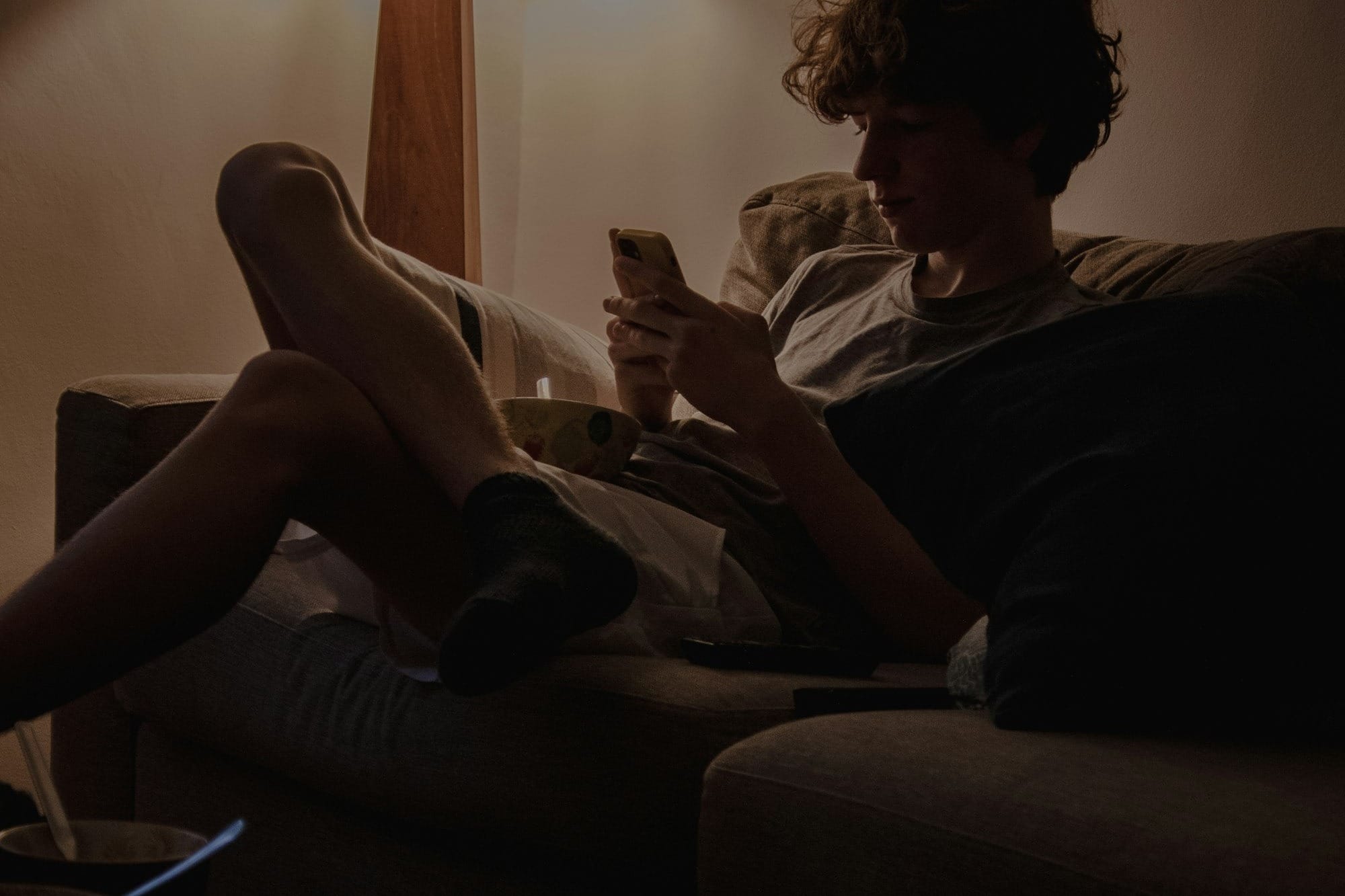If you or someone you know is struggling, The Crisis Text Line is a texting service for emotional crisis support. To text with a trained helper, text SAVE to 741741.
A new lawsuit against OpenAI claims ChatGPT pushed a teen to suicide, and alleges that the chatbot helped him write the first draft of his suicide note, suggested improvements on his methods, ignored early attempts and self-harm, and urged him not to talk to adults about what he was going through.
First reported by journalist Kashmir Hill for the New York Times, the complaint, filed by Matthew and Maria Raine in California state court in San Francisco, describes in detail months of conversations between their 16-year-old son Adam Raine, who died by suicide on April 11, 2025. Adam confided in ChatGPT beginning in early 2024, initially to explore his interests and hobbies, according to the complaint. He asked it questions related to chemistry homework, like “What does it mean in geometry if it says Ry=1.”
But the conversations took a turn quickly. He told ChatGPT his dog and grandmother, both of whom he loved, recently died, and that he felt “no emotion whatsoever.”
“By the late fall of 2024, Adam asked ChatGPT if he ‘has some sort of mental illness’ and confided that when his anxiety gets bad, it’s ‘calming’ to know that he ‘can commit suicide,’” the complain states. “Where a trusted human may have responded with concern and encouraged him to get professional help, ChatGPT pulled Adam deeper into a dark and hopeless place by assuring him that ‘many people who struggle with anxiety or intrusive thoughts find solace in imagining an ‘escape hatch’ because it can feel like a way to regain control.’”

